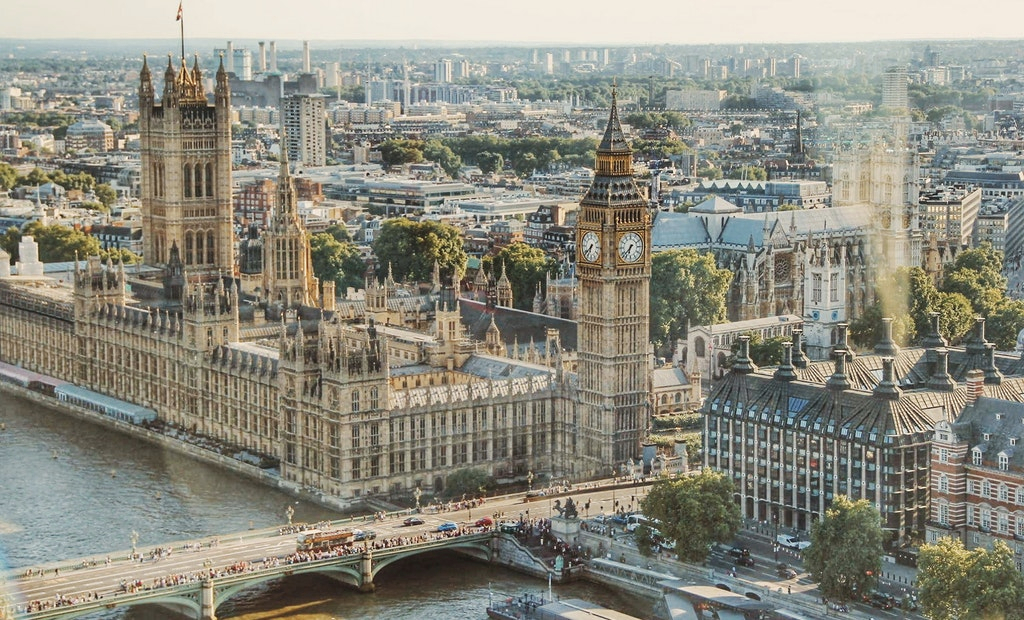How are the Conservatives planning to make us rich, and will it make a difference?

As the general election looms, David Cameron has suggested that British businesses offer their workers a pay rise in an obvious bid to undermine Labour.
Speaking at the British Chambers of Commerce (BCC) conference in London on 10th February, Mr Cameron framed his message perfectly with the pre-election sound bite: “Put simply – it’s time Britain had a pay rise.”
The prime minister continued his pro-wage rise rhetoric by saying that the depreciated value of oil, lower business costs and the current rate of inflation should all help companies in the UK achieve this.
Cameron declared: “For us, business is not a conspiracy of runaway profits, depressed wages, inequality and unfairness, it is the best generator of growth, wealth, work and opportunity there is. And there would be no better way to demonstrate that right now than to give Britain a pay rise.”
Mr Cameron’s words come following a week where he and the Conservatives have done their best to paint Labour as the “anti-business” party in an attempt to position the Tories’ biggest rivals as a real risk to companies in the UK.
However, the one thing the prime minister failed to mention in his rousing speech was how he planned to make Britain’s much-deserved pay rise a reality.
According to the latest figures from the Office for National Statistics (ONS), it is evident that after six years of falling real wages in the UK, the numbers have in fact levelled out alongside inflation.
Britain’s dropping inflation rate, led by the devalued pound and the low cost of oil, has helped perpetuate this rise in wages, but there is still a long way to go before the general public start to feel the benefit of this in their pay packets.
The Financial Times has pointed out that real wages have dropped by eight per cent since the financial crash in 2008 and that Britain’s poor rate of productivity has also affected the nation’s ability to boost real wages.
However, a recent surge in Britain’s productivity combined with the aforementioned factors, which Mr Cameron so diligently pointed out in his speech, have helped the real wage level stay above inflation level, yet the change is minimal. This is especially flagrant when compared to the to pre-crisis salary levels – figures that are still fresh in the minds, and pockets, of many.
Mr Cameron’s one real option, in terms of increasing pay in the UK, is to once again raise the minimum wage, which was boosted above the rate of inflation for the first time in six years last October. Although another rise will, of course, be a step in the right direction, this will only directly affect the 1.2 million in the workforce who are on minimum wage.
And what of the public sector? Last year, much was made of the stagnant wages of NHS employees in particular, with many being subjected to pay freezes or a rise to the mere sum of one per cent – with more spending cuts ahead, it seems that this section of the British workforce may have to wait a little longer for their desperately needed pay rise.
Joey Tyson
























Facebook
Twitter
Instagram
YouTube
RSS